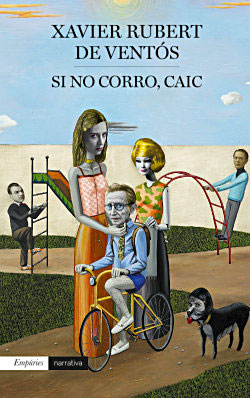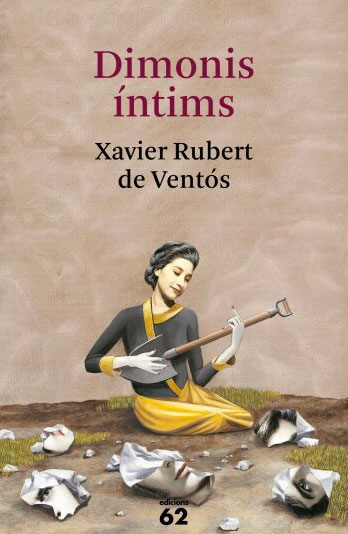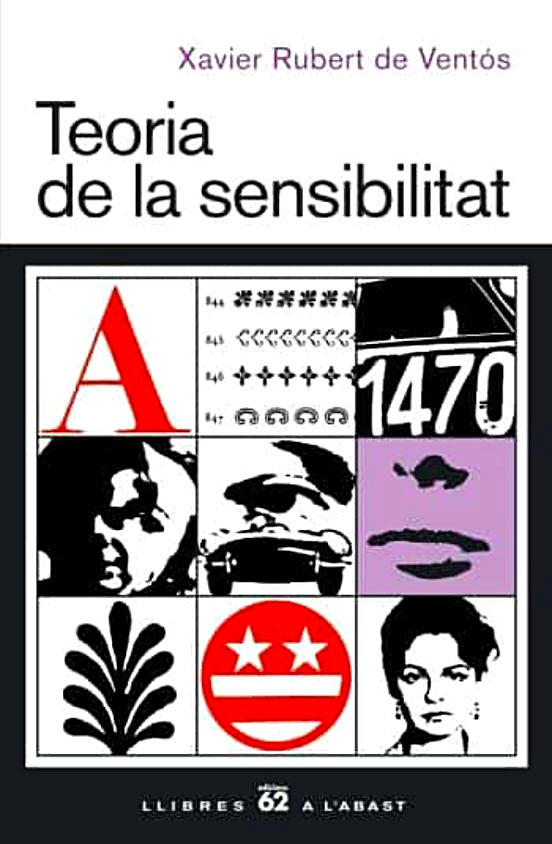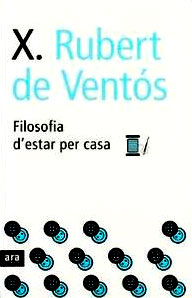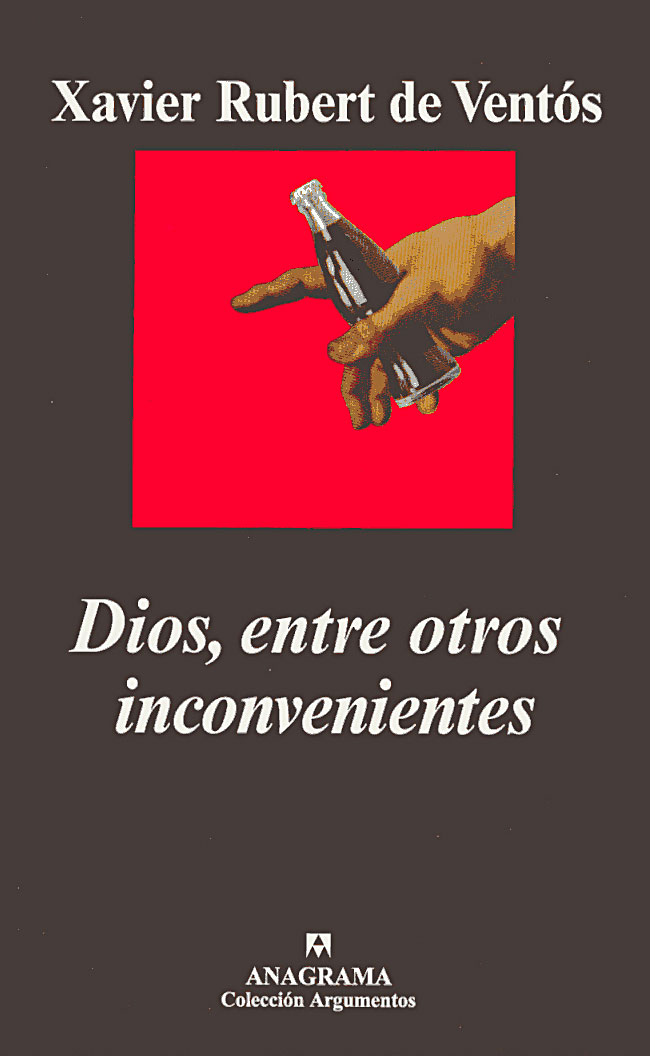
Per què filosofia?
The world –we are told– evolves at a dizzying speed that prevents us from reflecting. This idea, although rarely admitted, has become so deeply entrenched in nowadays world that thought itself is suspect.
As if thinking were a luxury instead of a necessity, philosophy seems to have no precise function. Por qué filosofía is a reaction to this situation. With its pleasant, pedantry-free style, it reminds us of truths which are fundamental and, nonetheless, forgotten: that thinking for one’s self and at one’s own risk is a liberating exercise, that –just as thought without life has no value – life without thought is nothing, and that calling les idéss reçues into question is a way to better assimilate them.
Spanish: Península; Latin America: Sexto Piso; Hungary: Typotex
